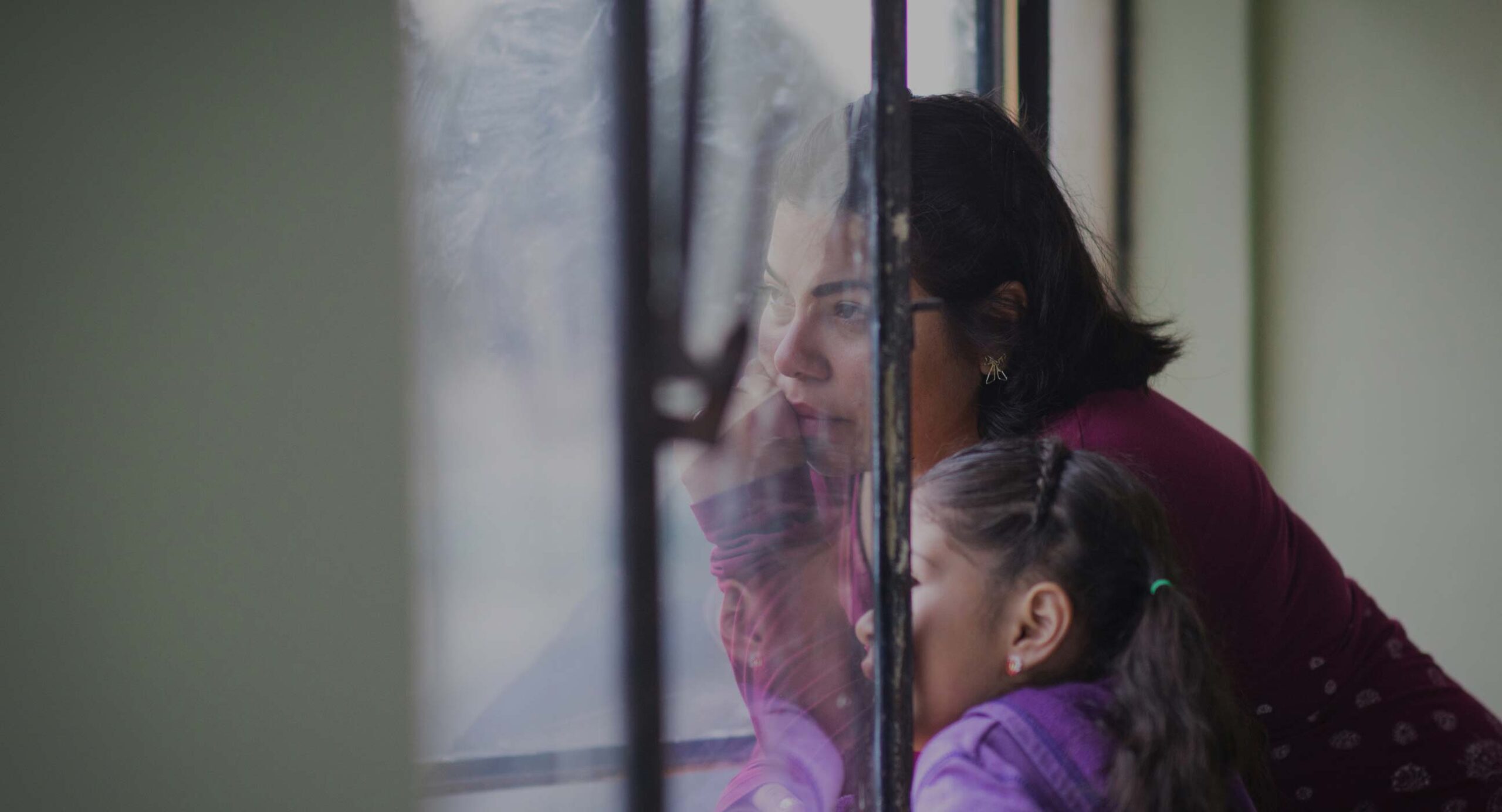The 80th anniversary of the liberation of Auschwitz-Birkenau comes at a time which feels increasingly precarious and polarised. As we pause to remember those murdered in the Holocaust by the evils of Nazi fascism, we must also ask: what kind of world do we find ourselves in today?
This can be a disturbing reflection. All too often, we now find political leaders utilising rhetoric which echoes the darkest chapters of the past. The far-right is on the rise, and across the globe, the rights of minorities and marginalised communities are increasingly under attack.
Among these are those enshrined in the 1951 Refugee Convention. Created following the horrors of the Holocaust, this framework has saved millions of lives since. But it is distressing today that a record number of people worldwide are displaced and in need of its protections.
Yet there is also reason to be hopeful. There are many who stand up and say: no to division, no to discrimination, and no to persecution, even as antisemitism, Islamophobia and other hate crimes are on the rise.
This year’s Holocaust Memorial Day also marks the 30th anniversary of the genocide in Bosnia. Remembrance must also be a call to action – let us pledge to learn from the horrors of the past, so that they never occur again. Together, we must use this moment to commit to building a world which is truly safe for all.
